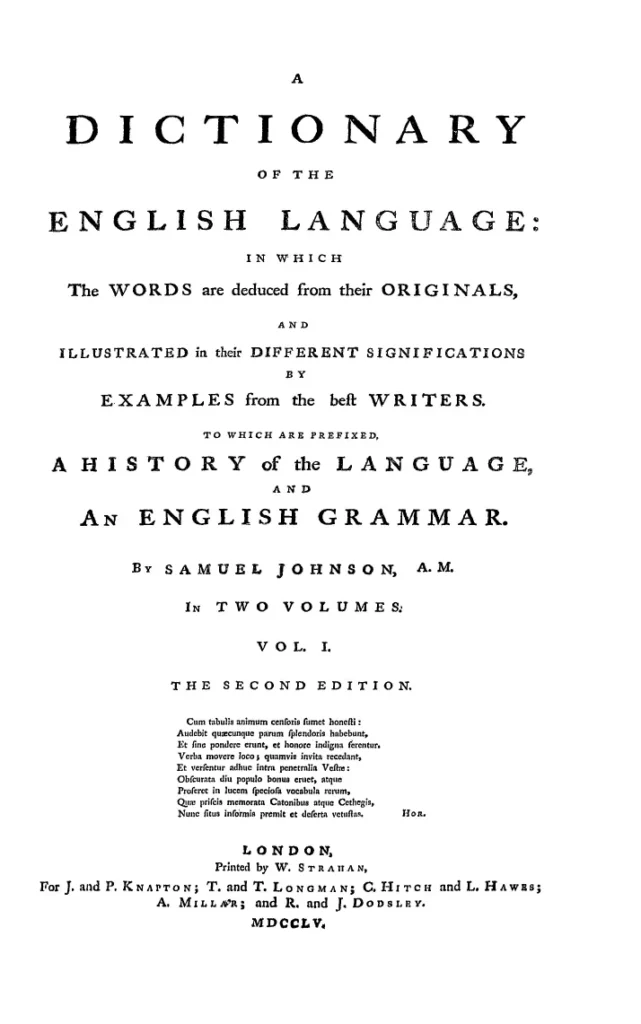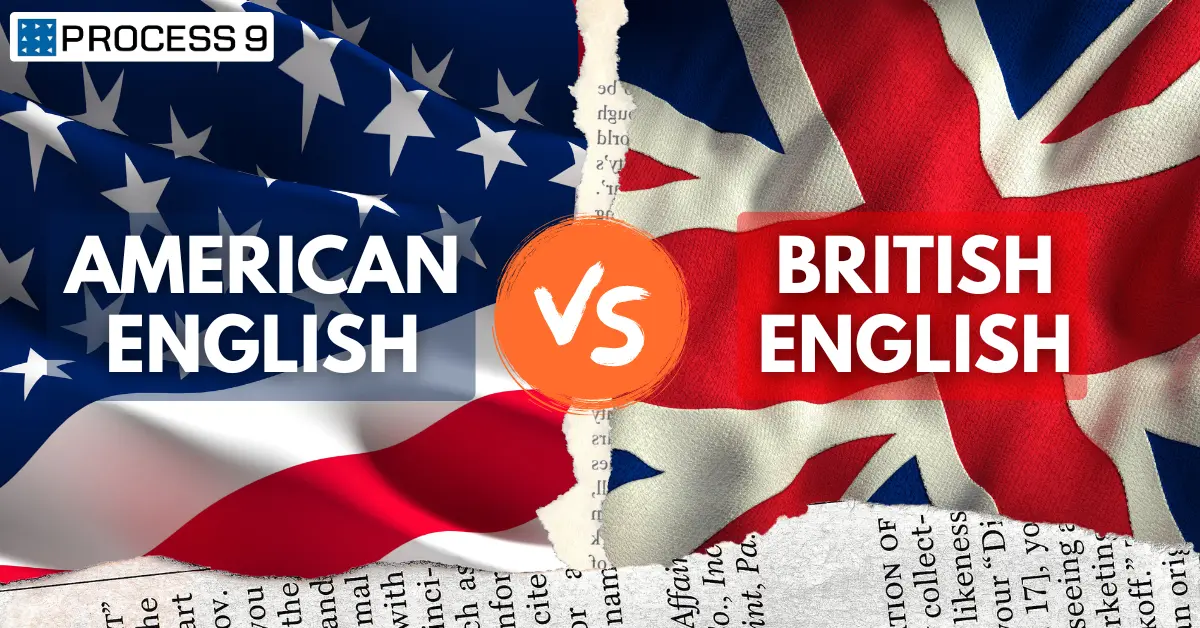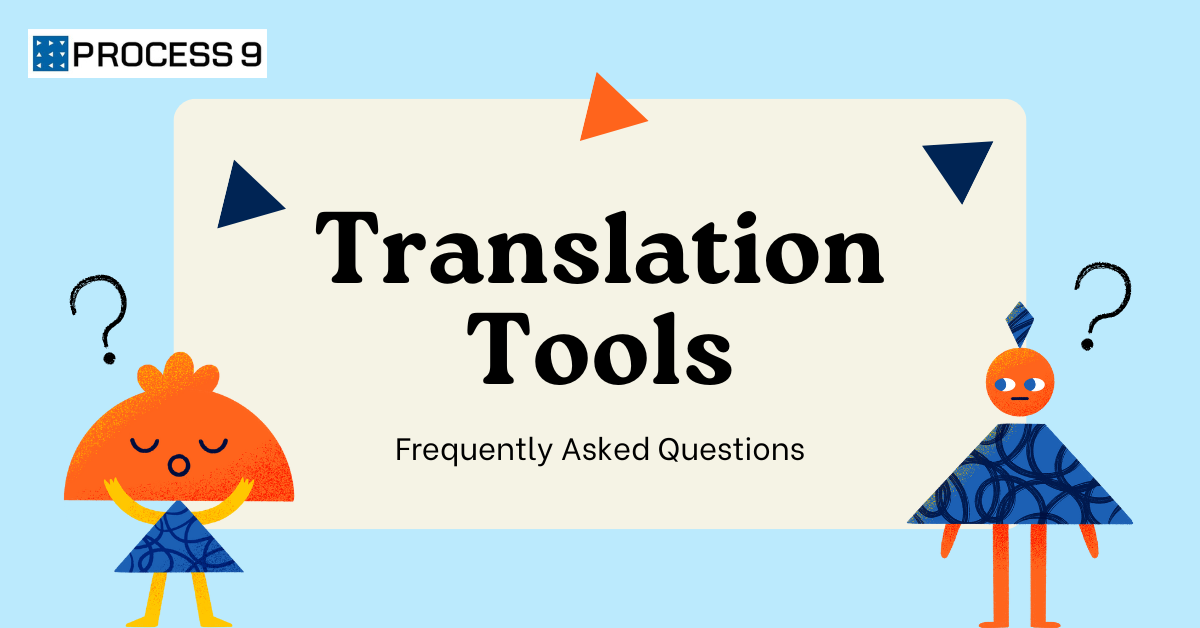English is a language that is spoken by millions of people around the world. As of 2023, approximately 1.46 million people in the world speak English, representing 18.07% of the global population, or nearly one in every five people. Despite being two forms of the same language, American English (US English) and British English (UK English) differ significantly in vocabulary, spelling, grammar, and pronunciation. We will now explore the main differences between these two dialects of English in this blog to help you navigate both with confidence.
A brief history

In the 17th century, British settlers introduced the English language to America. Spellings were not quite standardized back then. Samuel Johnson compiled the first British dictionary, “A Dictionary of English Language,” in 1755, whereas Noah Webster, the lexicographer in America, coined the first dictionary in 1828. These lexicographers distinguished important pronunciations of many words to show how the language is culturally independent across borders. Noah Webster advocated for simplified spelling reforms leading to many American spellings in use today. American English is majorly influenced by the immigrants to the country and British English is influenced by colonial history and interactions with other languages.
Key Differences
Some of the key differences between American and British English include
- Spelling Differences
- Vocabulary Differences
- Grammatical Differences
- Pronunciation Differences
Along with these, there are also variations in punctuation, word choices, verb conjugation, etc. In general, American English has stricter rules in terms of spelling and use of punctuation when compared to British English.
Spelling Differences
Some of the spelling variations in American English and British English are shown in the below table as an example
| American English | British English |
| Appetizer | Appetiser |
| Color | Colour |
| Analyze | Analyse |
| Theater | Theatre |
| License | Licence |
| Encyclopedia | Encyclopaedia |
Vocabulary Differences
There are some key vocabulary variations in American English and British English. Below are some examples
| American English | British English |
| Apartment | Flat |
| Chips | Crisps |
| French Fries | Chips |
| Drugstore | Chemist |
| Flashlight | Torch |
| Soccer | Football |
Grammar Differences
In American English, collective nouns are considered to be singular. For example, The team is winning. In British English, collective nouns are often treated as plural. For example, The team are winning. The use of prepositions varies across the two dialects. For example, look at the use of certain phrases in the below table
| American English | British English |
| On the weekend | at the weekend |
| In a team | On a team |
| In a line | On a line |
| In school | at school |
In British English, the present perfect tense is used to refer to an action that occurred recently, while in American English, the simple past is used. For example, in British English, it is “I have just eaten,” while in American English, it is “I just ate.”
Pronunciation Differences
In terms of speech, American English is called rhotic speech where the letter ‘r’ is pronounced in words like car, hard, etc. In British English, the pronunciation of ‘r’ is softened making it the non-rhotic form of speech. There are notable variations in intonations, stress patterns, and usage of vowels in both dialects. For example, the letter a in the word ‘bath’ is pronounced as /æ/ in American English and /ɑː/ in British English. All these factors clearly influence the rhythm and flow of speech in both the dialects.
Punctuation Differences
There are variations in the manner in which punctuation marks are used in American English and British English. For example, In American English, punctuation marks appear within the quotation marks in most of the contexts whereas in British English punctuation marks appear outside the quotation marks.
For example,
- “They’re the best”, she said (American English)
- She said it was ‘the best carnival in town’ ( British English)
In a sentence, if there is a quote within a quote, American English uses single quotation marks within double quotation marks whereas British English uses double quotation marks.
For example.
- She said,” The restaurant has been ranked as ‘the best’ in town” (American English)
- She said, ‘The restaurant has been ranked as “the best” in town” (British English)
In American English, written abbreviations such as ‘Dr’ for Doctor always end with a period, whereas in British English these abbreviations end with a period only when the final letter is not the final letter of the complete word. Using Latin abbreviations such as “i.e.” requires a comma in American English, but in the other dialect, it is completely optional.
Idioms and Expressions
Idioms and expressions are a vibrant aspect of speech in both dialects. Both dialects have rich repositories of idioms and they often highlight the cultural differences in the respective regions. For example, some of the commonly used American idioms are.,’ spill the beans’ ( reveal a secret), ‘break a leg’ (wishing someone good luck), ‘piece of cake’ ( very easy to do), etc. The phrases “over the moon” (very happy), “throw a spanner in the works” (disrupt the plan), “chuffed to bits” (very pleased), and so on are some of the frequently used British idioms. Idioms that are common in both dialects capture historical references, cultural highlights, and social norms.
Academic and Professional Implications
To ensure that their day-to-day communication is appropriate, professionals, educators, and students must understand the key differences in these dialects. Knowing the linguistic differences between the two dialects can improve relationships and increase the effectiveness of business communication when working across borders. Many musicians and literary writers consider the language conventions of their native countries, and this directly affects how the audience interprets the language. For researchers who do academic writing in English, it is important to understand these differences.
To Sum up
These distinctions in dialects depict the diversity within the English language. If you embrace these differences, you can get a more nuanced understanding of the language, enhance your communication skills, and reduce any misunderstandings. While both versions are equally important, it would be ideal to maintain consistency in your communication with the version that you use.\
Similar posts:
Translation Vs Interpretation
Translation vs Transliteration
Oldest Languages in the World
Languages spoken in India







Share: